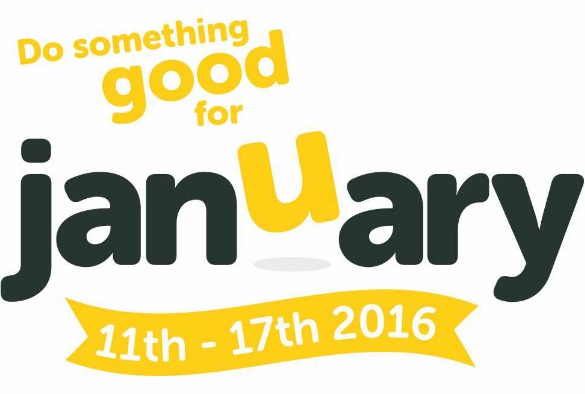Professor John Wilding is Head of the Department of Obesity and Endocrinology at the University of Liverpool:
“Today sees the beginning of the national ‘JanUary’ campaign (formerly known as National Obesity Awareness Week).
JanUary, with a strapline of ‘do something good for U’, is a week long programme focusing on what individuals and families can do to ensure or improve their health. As part of the week, academics from the University have written a number of articles highlighting particular studies and research aimed at helping people improve their health.
One of the main focuses of these articles is the problem of obesity, how it can develop and what can be done about it.
So, what is obesity?
Obesity is a condition where a person has accumulated so much body fat that it might have a negative effect on their health. If a person’s bodyweight is at least 20% higher than it should be, he or she is considered obese.
Am I obese?
There are a number of ways that a person’s health in relation to their weight can be classified, but the most used method is by measuring a person’s body mass index (BMI). BMI is a measure of whether you’re a healthy weight for your height. You can use the BMI healthy weight calculator to work out your score.
For most adults:
•a BMI of 25 to 29.9 means you are considered overweight
•a BMI of 30 to 39.9 means you are considered obese
•a BMI of 40 or above means you are considered severely obese
BMI is not used to definitively diagnose obesity – there can be exceptions such as people who are particularly muscular sometimes have a high BMI despite having no excess fat. For the majority of people BMI can be a useful tool to find out whether they may be overweight.
A better measure of excess fat is waist circumference, and can be used as an additional measure in people who are overweight (with a BMI of 25 to 29.9) or moderately obese (with a BMI of 30 to 34.9).
Generally, men with a waist circumference of 94cm or more and women with a waist circumference of 80cm or more are more likely to develop obesity-related health problems.
For more information on obesity diagnosis please visit the NHS webpage ‘Diagnosing obesity’ which can be found here.
Why do some people become obese?
People can become obese for many different reasons. The most common being an energy imbalance between calories a person consumes and the calories they expend. Put simply, by eating too much food or eating the wrong kinds of food and not being physically active you increase the risk of becoming overweight or obese.
A lack of energy balance most often causes people to be overweight and obese. Energy balance means that your energy IN equals your energy OUT.
Energy IN is the amount of energy or calories you get from food and drinks. Energy OUT is the amount of energy your body uses for things like breathing, digesting, and being physically active.
To maintain a healthy weight, your energy IN and OUT don’t have to balance exactly every day. It’s the balance over time that helps you maintain a healthy weight.
Food and drink
The calories you consume depend on the amount and type of foods you eat. Calories can increase when;
• You eat large amounts of processed or fast food that is high in fat and sugar
• You drink too much alcohol – alcohol contains a lot of calories
• You eat larger portions than you need
• You drink too many sugary drinks – including soft drinks and fruit juice
Inactive lifestyles
Many of us are not very physically active. People who are inactive are more likely to gain weight because they don’t burn the calories that they take in from food and drinks.
With the arrival of TVs, tablets, game consoles, remote controls, washing machines and other modern convenience devices, people are leading a much more inactive lifestyles than generations before. The less you move around the fewer calories you burn.
This week, as part of the JanUary campaign, we will look at other factors that can increase your chances of becoming obese and what you can do about it. These articles will appear on this website this week.
These include:
• Understanding appetite
• Hidden sugars
• How your environment can influence how much you eat and drink
• Food and drinks adverting’s impact on childhood obesity
• How pets can help us tackle obesity
For more information about the JanUary campaign please visit: http://www.jan-u-ary.co.uk/
